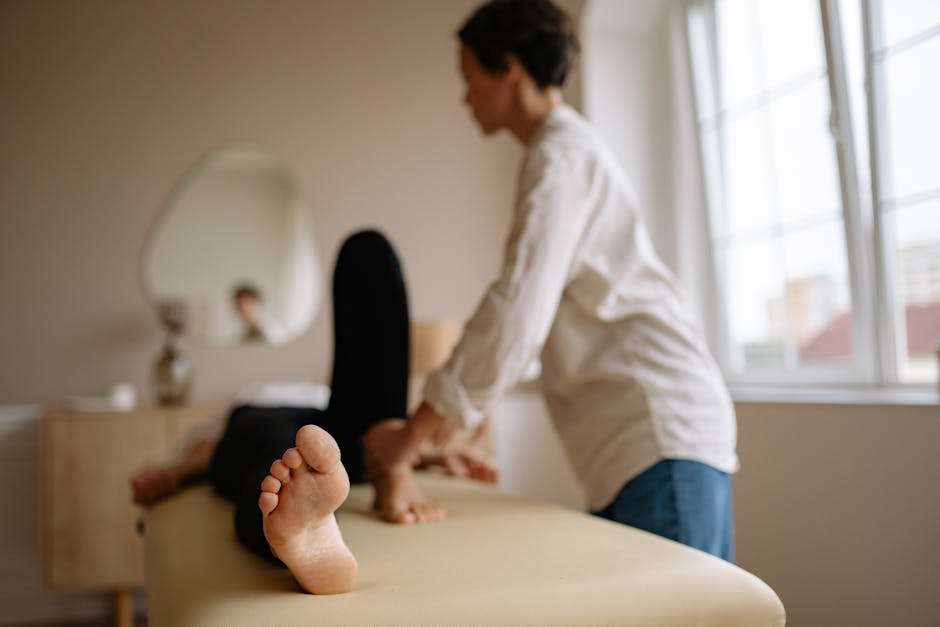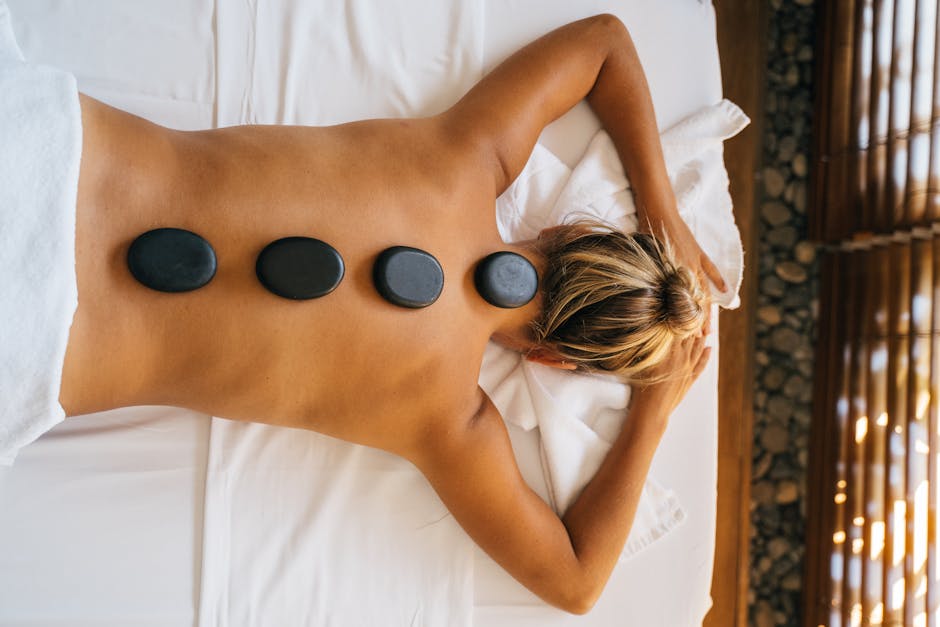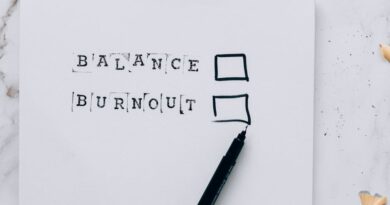Cultivating Calm: Mindfulness for Stress Relief
Have you ever felt overwhelmed by stress? You’re not alone. According to the American Psychological Association, over 75% of adults report experiencing at least one symptom of stress in the last month. But what if I told you there’s a way to find calm in the chaos? Mindfulness might just be the answer you’re looking for.
What is Mindfulness?

Mindfulness is all about being present. It means paying attention to the moment without judgment. Think about when you enjoy a warm cup of tea. You focus on the warmth of the cup, the aroma, and the taste. that’s mindfulness in action!
This practice has roots in ancient meditation. Today, it’s recognized as a powerful tool for stress relief. Research shows that mindfulness can lower anxiety and improve mood. It’s a simple idea, but it can make a big difference in your life.
How Can Mindfulness Help with Stress?

Stress can feel heavy. It weighs us down and makes everyday tasks harder. Mindfulness helps lighten that load. Heres how:
- Reduces Anxiety: Mindfulness allows you to step back from your worries. Instead of spiraling into what-ifs, you learn to focus on now.
- Improves Focus: By practicing mindfulness, you can sharpen your concentration. This helps you tackle tasks more effectively.
- Enhances Emotional Health: Regular mindfulness practice can lead to a more positive outlook. You learn to manage your emotions better.
According to a study published in the journal Health Psychology Review, mindfulness can reduce stress levels significantly. This makes it a valuable skill in our fast-paced world.
How to Practice Mindfulness Daily?

Incorporating mindfulness into your daily routine doesnt have to be daunting. Here are some easy ways to get started:
- Mindful Breathing: Take a few minutes each day to focus on your breath. Inhale deeply through your nose, hold for a moment, and exhale slowly through your mouth.
- Body Scan: Lie down comfortably and mentally scan your body from head to toe. Notice any tension and consciously relax those areas.
- Mindful Walking: When you walk, pay attention to each step. Feel the ground beneath your feet and the movement of your body.
The key is to start small. Even a few minutes of mindfulness each day can make a difference.
What Are Some Common Misconceptions About Mindfulness?

Many people have misconceptions about mindfulness. Lets clear a few up:
- Mindfulness is Meditation: While mindfulness can involve meditation, it’s not limited to it. You can practice mindfulness in everyday activities like eating or showering.
- it’s Just Relaxation: Mindfulness is more than relaxation. it’s about awareness and acceptance of your thoughts and feelings as they are.
- You Need to Be a Zen Master: You don’t need to be perfect at mindfulness. it’s about making an effort, not achieving a certain state.
By understanding these misconceptions, you can approach mindfulness with an open mind. it’s a journey, not a destination.
Can Mindfulness Help with Specific Stressors?
Absolutely! Mindfulness can be tailored to address specific stressors in your life. Here are a few examples:
- Work Stress: If work feels overwhelming, take short mindfulness breaks. A few minutes of deep breathing can help reset your mind.
- Family Anxiety: Family dynamics can be tricky. Try mindful listening during conversations. Focus on what others are saying instead of planning your response.
- Health Concerns: Facing health issues can be frightening. Mindfulness can help you stay grounded and reduce anxiety about the future.
By applying mindfulness to these situations, you can find peace amid the storm.
What Are the Long-term Benefits of Mindfulness?
The benefits of mindfulness go beyond just stress relief. Over time, you may notice:
- Greater Resilience: Youll become better at handling challenges and setbacks.
- Improved Relationships: Mindfulness fosters empathy and understanding, helping you connect better with others.
- Enhanced Creativity: A calm mind can lead to more creative thinking and problem-solving.
Mindfulness is a powerful tool for personal growth. The longer you practice, the more benefits youll reap.
How Can You Stay Committed to Mindfulness?
Staying committed to mindfulness can be a challenge. Here are some tips to help you keep going:
- Set a Routine: Try to practice at the same time each day. This builds a habit.
- Join a Group: Connecting with others can motivate you. Consider joining a local mindfulness or meditation group.
- Use Apps: There are many apps available that offer guided mindfulness exercises. They can help keep you on track.
Consistency is key. The more you practice, the easier it will become.
What Are Your Next Steps?
Are you ready to start your mindfulness journey? Here are some actionable takeaways:
- Begin with just five minutes of mindful breathing each day.
- Keep a journal to track your feelings and experiences as you practice.
- Explore mindfulness resources online or through books.
Remember, mindfulness is about progress, not perfection. Be patient with yourself as you learn.
Final Thoughts on Cultivating Calm
Mindfulness offers a path to stress relief and peace. With practice, you can cultivate calm in your life. Start small, stay consistent, and embrace the journey. You have the power to transform your stress into serenity.
As Jon Kabat-Zinn, a pioneer in mindfulness, once said, You can’t stop the waves, but you can learn to surf. So grab your board and start surfing the waves of life with mindfulness.
As you embark on this journey, remember to be gentle with yourself. Mindfulness is a skill that takes time to develop. Celebrate your small victories along the way.
If you’re interested in learning more about mindfulness, check out our other post on Mindfulness Techniques for Everyday Life.
Now, take a deep breath and begin your journey toward a calmer, more mindful life.



